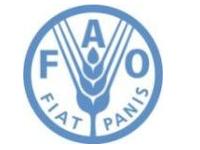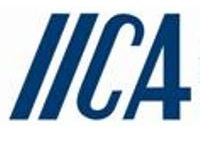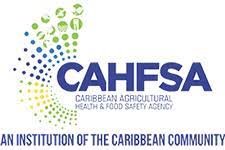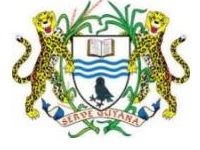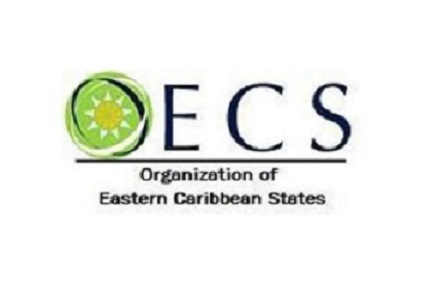Overview
At the Third Meeting of the Caribbean Plant Health Directors (CPHDs) held on 7th-8th June 2010, it was agreed that a small technical committee be established to develop a Regional Priority Pest List (RPPL). In this regard, a technical committee comprising of the following disciplines: Economist, Weed Scientist, Malacologist, Entomologist, Pathologist, Epidemiologist, Chairperson of the CPHDs and the Chairperson of the Emergency Preparedness Plans and Mechanisms for Response Technical Working Group, was established. The work of this committee is reported to CARICOM via the CPHD Forum, which currently serves as the technical resource base which proposes policy recommendations, and apprises the Council for Trade and Economic Development (COTED) (Agriculture) on matters related to safeguarding against and/or minimising the impact of pests and diseases to the Region’s agriculture and environment, and issues related to phytosanitary measures in the trade of plant and plant products.
General Objective
To safeguard the Caribbean from threats and /or the impacts of introduction, economic damage, and spread of plant pests through investigation, research and the provision of advice on all matters related to the particular pest.
Pest of Concern
Membership
Supporting Organizations
Affected Countries
Specific Objectives
Where necessary the specific objectives should be to:
- To investigate (research) the nature and scope of the pest
- Determine the manner of spread –
- Determine the agents of transmission
- Identify Countries – infested and countries not infested, countries threatened via trade
- Identify the commodities/plant species affected
- Identify commodities/species serving as alternate hosts
- Recommendations to be placed on Priority Pest list at national and regional level
- Identification of the reference material for compilation of the Pest Lists
- Determine and recommend system for prevention, control and or eradication in the field and at the ports of entry where possible.
- Determine the best management practice for the pest – production of manual and or technological packages.
- Determine the level of diagnostics required for detection, control or eradication.
- Advise on surveillance activities/projects/programmes required
- Recommendations for training and building capacity
- Investigate new methods of prevention, spread, control, eradication
- Address emerging issues.
- Prepare discussion papers if relevant
- Make recommendations for international, regional or national considerations
- Report to the Meeting of Plant Health Directors
- Verification and validation of information
- Advise on synergies with other initiatives, programmes and projects
- Advise on affiliations with other Groups, associations

